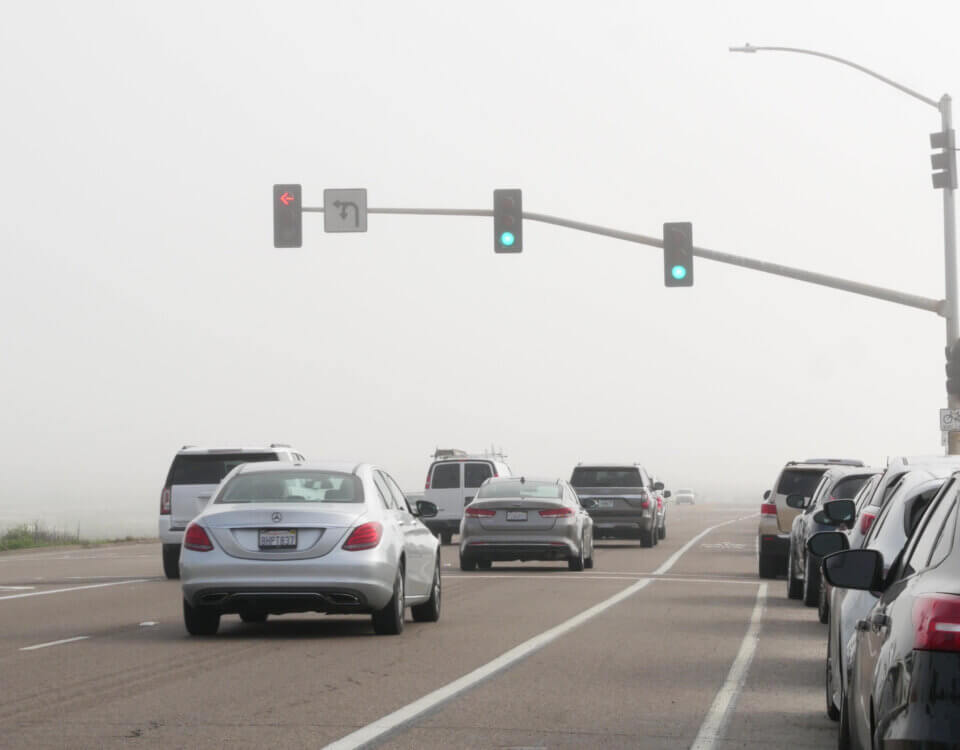If you’ve been hurt at work, you may feel pressure from your employer or insurer to go back before you are ready. In California you have rights that protect you from being forced into work you are not medically cleared to perform.
Who Decides When You Can Return
Only a medical professional treating your injury can determine when you are safe to return to work. Your doctor assesses your condition and any restrictions.
Your employer or workers’ compensation insurer can suggest you return to work or to perform restricted duties, but they cannot legally force you to do so if your doctor has not cleared you.
Return Work Types
You may be cleared to return in one of several ways:
- Full duty, meaning the same job without restrictions
- Modified or restricted duty, meaning you may need limitations (such as lighter tasks or fewer hours)
- Alternative work, which may be a different job but within your medical restriction
What Happens If You Are Forced to Return Too Soon
Returning to work before you are fully recovered or without proper medical clearance can worsen your injury. It may jeopardize your workers’ compensation benefits.
You have the right to refuse work that violates your medical restrictions. If your employer tries to force you into unsafe work, take note of communications or orders that conflict with your doctor’s instructions.
Protections Under California Law
California law protects injured workers by:
- Prohibiting retaliation or discipline because you filed a workers’ compensation claim or because a doctor has restricted your duties
- Requiring employers to honor medical restrictions until the doctor releases you fully or permanently restricts certain activities
- Criminal or legal consequences for an employer who violates these protections
How Hillstone Law Can Help
If you think you are being forced to return too soon, we can help you by reviewing your medical records, ensuring your doctor’s restrictions are respected, documenting employer pressure, helping you get legal representation, and protecting your rights under workers’ compensation law.
Note: These blog posts are created solely for the use of Hillstone Law. The information is gathered from internet research, publicly available sources, and artificial intelligence (AI) tools such as ChatGPT. While we aim to share helpful and educational content, Hillstone Law does not independently verify every detail. Some information may be incomplete, outdated, or subject to change without notice. If you believe any part of a post is inaccurate, misleading, or infringes upon copyright, please contact Hillstone Law immediately so we can review it and take appropriate action, including correction or removal.
Disclaimer: The material provided in these blogs is for general informational purposes only and should not be considered legal advice. Reading these posts does not create, and is not intended to create, an attorney-client relationship with Hillstone Law. Our intent is to share knowledge, raise awareness, and provide helpful resources to the public; however, Hillstone Law makes no warranties or guarantees about the accuracy, completeness, or reliability of the information provided, and expressly disclaims liability for any actions taken in reliance on it. The photos used in these posts are for illustrative purposes only and do not depict actual clients, individuals, or incidents unless expressly stated. If you or a loved one has been injured in an accident, please contact Hillstone Law at (855) 691-1691. Our attorneys are available to answer your legal questions and help you understand your rights.







